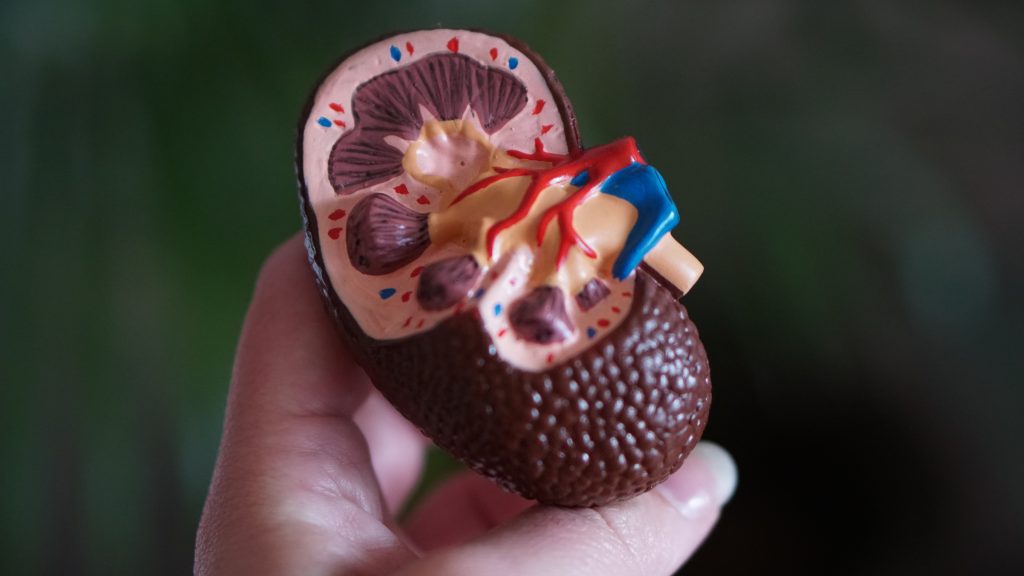Stage 3 kidney disease and how to care for a loved one

Stage 3 kidney disease and how to care for a loved one.
37 million people in the United States live with chronic kidney disease. Chronic kidney disease is divided into 5 stages that span across a spectrum. It can range from a mild disease to a severe one where the kidney may stop working altogether.
What do the kidneys do?
The kidneys are fist-sized organs in your body that are shaped like beans. Your kidneys filter your blood of any waste products. It helps you to balance fluid in your body
Your kidneys create urine by filtering your blood and so when a person passes urine, they are passing a direct product of the kidneys.
Without our kidneys, our bodies would retain fluid and waste substances that are toxic for the body.
Thus, when the kidneys are diseased, it can cause a great deal of distress for the person experiencing it and for caregivers.
How exactly do doctors determine the different stages of kidney disease?
Doctors measure the activity of the kidney using a measure called the estimated glomerular filtration rate (eGFR).
An eGFR of 90 suggests that kidneys are working at 90% of their capacity and usually this marks the lower end of stage 1 of kidney disease.
Stage 3 kidney disease has two distinct stages.
- Stage 3a – eGFR at this stage is between 45%-59%
- The next stage is Stage 3b – eGFR at this stage is between 30%-44%
During stage 3 kidney disease, an individual’s kidneys work at about half the capacity of a completely healthy kidney.
At this stage, many people don’t have symptoms of severe kidney disease.
As a caregiver, you may notice the following symptoms:
- swollen hands and feet
- complaints of back pain (kidneys are below the ribs and on either side of your spine)
- they pass urine more frequently
You may also notice high blood pressure – if you monitor this at home.
Because these symptoms are non-specific and could apply to other health problems, it is important that you encourage your loved one to visit their doctor who may then refer them to a kidney specialist known as a nephrologist.
It is important that you and your loved one do this to slow the progression of the disease.
Steps you can take to keep stage 3 kidney disease from getting worse
- Good diabetes control – Take everything into consideration here: from diet to insulin injections.
- Good blood pressure control – Ask your doctor about blood pressure medication. Lifestyle changes like daily exercise for at least 30 minutes per day can also help.
- Avoid smoking and tobacco use.
- Thirty minutes of exercise 5 times a week is recommended by experts to keep a healthy weight. This in turn improves blood pressure and helps with diabetes control.
- Continue to follow a healthy, balanced diet.
- Continue to collaborate with your nephrologist and primary care doctor on the best path of action to take for you.
As a caregiver, you can continue to provide supportive care and encourage your loved one to follow recommendations from medical experts.
